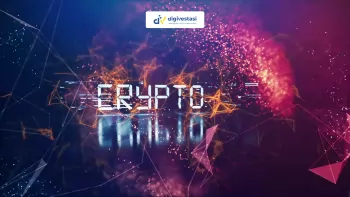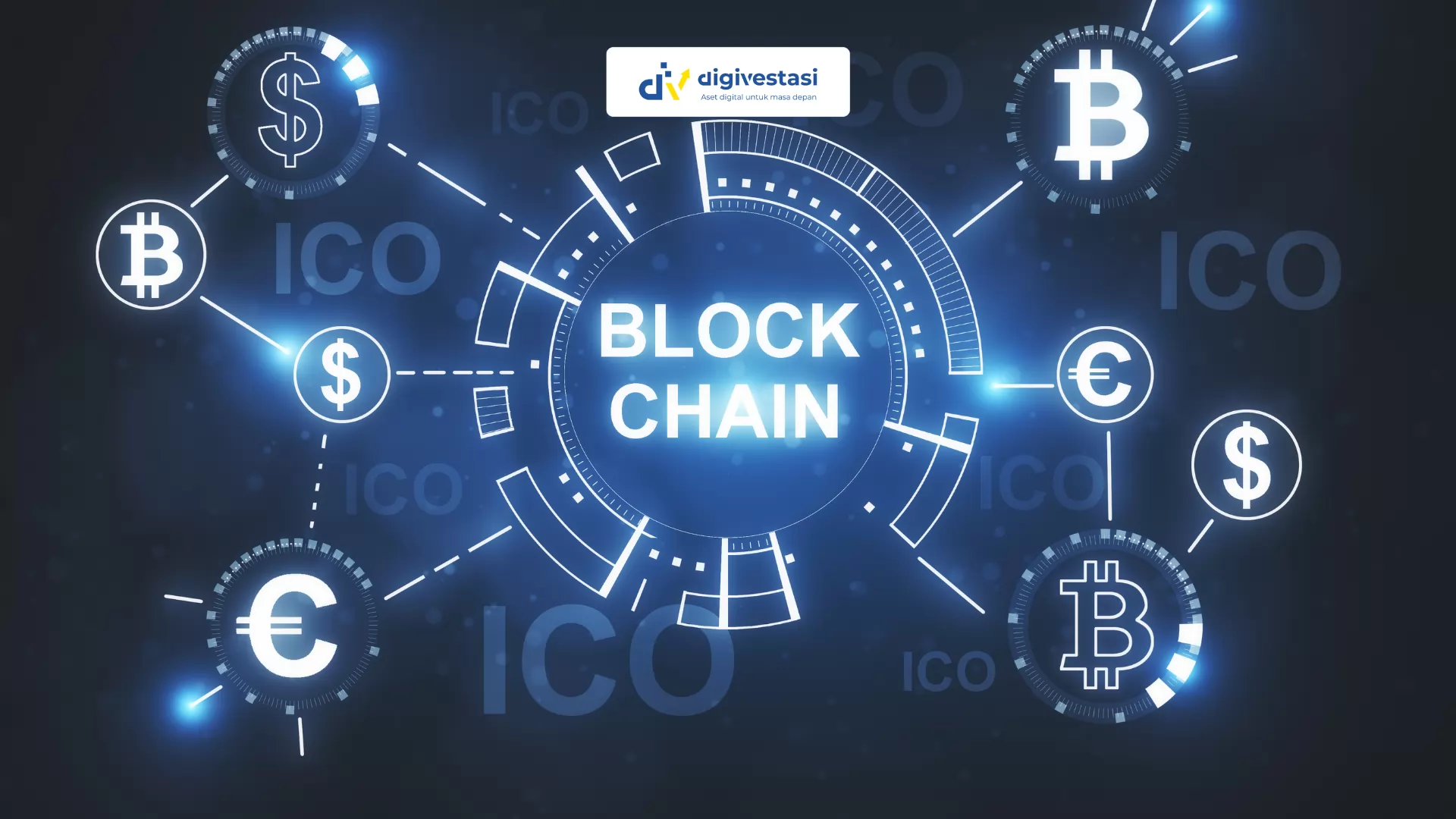
Crypto News
CME to Revolutionize the Market! 24/7 Crypto Futures Contracts Set for Early 2026 Launch
/index.php
Crypto News - Posted on 09 October 2025 Reading time 5 minutes

DeFi (Decentralized Finance): A Financial Revolution Transforming the Global System
The global financial landscape is entering a new era with the rise of Decentralized Finance (DeFi), which has become a symbol of a major shift from traditional financial systems toward a blockchain-based ecosystem that is more transparent, open, and intermediary-free. DeFi technology enables anyone to perform various financial activities — from lending and borrowing to investing and trading digital assets — without relying on traditional institutions such as banks or brokers. This system operates on public blockchain networks like Ethereum, Solana, Avalanche, and BNB Chain, powered by automated smart contracts that serve as substitutes for intermediaries.
DeFi Removes the Middlemen: From Banks to Smart Contracts
The fundamental difference between traditional finance and DeFi lies in the elimination of third-party intermediaries. In DeFi, smart contracts fulfill the functions of financial institutions by executing transactions automatically according to pre-coded rules on the blockchain. According to CoinDesk Research (August 2025), the total value locked (TVL) in the DeFi ecosystem has surpassed US$110 billion, marking an increase of approximately 85% compared to the previous year. This figure reflects investors’ growing confidence in the efficiency and resilience of the decentralized financial model.
Functions and Utilities of DeFi: Beyond Investment
DeFi has evolved into a comprehensive digital financial ecosystem encompassing a wide range of instruments and protocols:
Lending & Borrowing — Platforms like Aave and Compound allow users to lend or borrow crypto assets without banks, with interest rates determined algorithmically.
Decentralized Exchanges (DEXs) — Protocols such as Uniswap and SushiSwap facilitate peer-to-peer token trading without surrendering asset control.
Stablecoins & Payment Systems — Projects like MakerDAO (DAI) and Curve Finance provide value stability and liquidity for the DeFi ecosystem.
Yield Farming & Staking — Users can earn passive income from the liquidity they supply to various DeFi protocols.
Research by Messari (2025) highlights that DeFi’s rapid growth has also been driven by greater financial inclusivity, particularly in developing countries. With just an internet connection and a crypto wallet, anyone can now participate in the global financial system — even without a traditional bank account.
Risks and Challenges: Innovation at a Cost
Despite offering efficiency and freedom, DeFi is not without risks. Being open-source and code-based, vulnerabilities in smart contracts can be exploited by hackers.Data from Chainalysis revealed that between 2024 and 2025, total losses from DeFi project hacks exceeded US$2.3 billion.In addition to security risks, cryptocurrency price volatility and global regulatory uncertainty pose significant challenges. Agencies such as the U.S. SEC and Europe’s ESMA are currently developing new regulatory frameworks aimed at protecting users without stifling innovation.
The Role of DeFi in the Future of the Digital Economy
Compared to conventional financial systems, DeFi offers lower transaction costs, full transparency, and far more efficient cross-border speed. All activities are publicly verifiable, creating a trustless system — one that operates without dependence on centralized authorities.Looking ahead, DeFi is expected to integrate with artificial intelligence (AI), digital identity systems (DID), and central bank digital currencies (CBDCs). This synergy is anticipated to enhance interoperability between traditional finance and blockchain ecosystems.
An Inevitable Transformation
DeFi is not merely a passing trend. With consistent growth, increasing institutional adoption, and ongoing global innovation, decentralized finance continues to establish itself as a new pillar of the global financial system.
However, DeFi’s sustainability will depend greatly on maintaining the balance between decentralization and security. Collaboration among regulators, developers, and the community will be essential to ensure that this system remains not only revolutionary but also sustainable, secure, and inclusive for the future.
What do you think about this topic? Tell us what you think. Don't forget to follow Digivestasi's Instagram, TikTok, Youtube accounts to keep you updated with the latest information about economics, finance, digital technology and digital asset investment.
DISCLAIMER
All information contained on our website is summarized from reliable sources and published in good faith and for the purpose of providing general information only. Any action taken by readers on information from this site is their own responsibility.